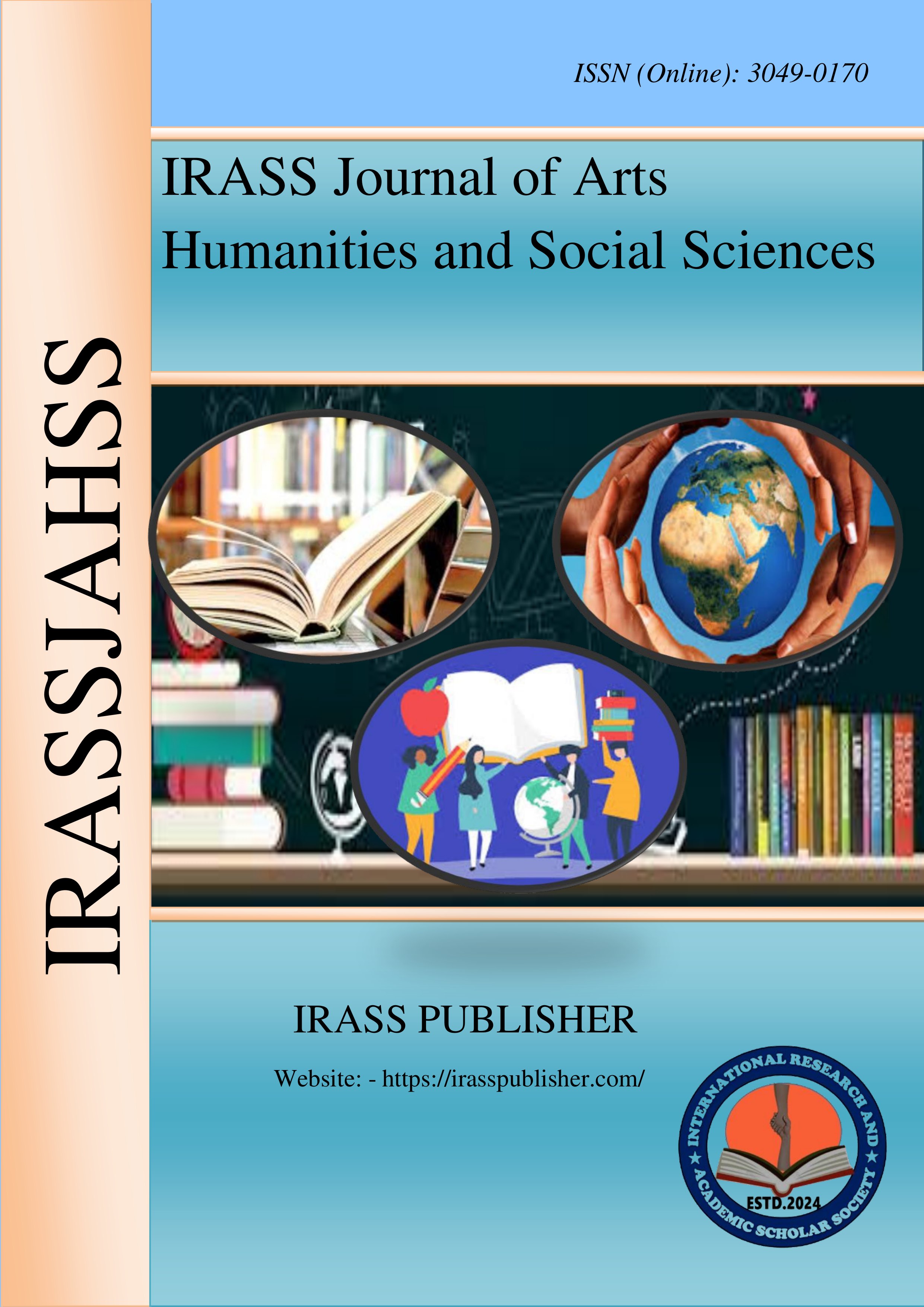GOOD GOVERNANCE AND THE SOUTH AFRICAN PUBLIC SERVICE: A FRAMEWORK FOR REFORM ADDRESSING CORRUPTION, LOW MORALE, AND ACCOUNTABILITY CHALLENGES
Sr No:
Page No:
1-7
Language:
English
Authors:
Dr. John Motsamai Modise*
Received:
2025-05-13
Accepted:
2025-05-30
Published Date:
2025-06-02
GoogleScholar:
Click here
Abstract:
This study investigates the critical challenges facing the South African public
service, focusing on corruption, low employee morale, and accountability deficits. Despite
ongoing reforms, governance weaknesses continue to undermine service delivery and public
trust. The research aims to develop a comprehensive framework for reform that addresses these
challenges through enhanced leadership, ethical practices, and institutional accountability.
Drawing on recent empirical data and policy analyses, the study offers practical
recommendations to strengthen governance and revitalise the public sector’s role in democratic
development. The purpose of this study is to examine the underlying factors contributing to
corruption, low morale, and weak accountability within the South African public service, and to
propose a robust, context-specific governance reform framework. This framework intends to
guide policymakers, administrators, and stakeholders in improving institutional integrity,
employee engagement, and service delivery outcomes. South Africa’s public service continues to
grapple with systemic corruption, low staff morale, and inadequate accountability, which hinder
effective service delivery and erode public confidence. Previous reform efforts have been
hampered by poor implementation, institutional weaknesses, and political interference, leaving
governance challenges unresolved. There is a pressing need for a holistic and practical reform
framework that can address these interrelated issues to restore the public sector’s legitimacy and
performance. Corruption remains deeply entrenched in multiple layers of government,
undermining transparency and resource allocation. Low employee morale is linked to
insufficient leadership development, poor recognition systems, and lack of career progression
opportunities. Accountability mechanisms are often weak due to fragmented oversight, political
pressures, and under-resourced institutions. Successful reform requires integrated governance
frameworks that combine ethical leadership, effective internal controls, and inclusive
stakeholder engagement. This study contributes a comprehensive, evidence-based framework for
public service reform tailored to the South African context. By synthesizing recent empirical
research and policy evaluations, it provides actionable strategies for combating corruption,
boosting employee morale, and enhancing accountability. The framework is designed to support
sustainable improvements in governance and public sector performance, informing both
academic discourse and practical policy-making. Addressing governance challenges in the South
African public service demands coordinated reform efforts that tackle corruption, low morale,
and accountability deficiencies simultaneously. This study’s proposed framework offers a
pathway for strengthening institutional integrity, empowering employees, and restoring public
trust. Implementing these reforms will be essential for achieving effective, ethical, and
responsive governance that supports South Africa’s democratic and developmental goals.
Keywords:
Good Governance, Public Service Reform, Corruption, Accountability, Employee Morale, South African Public Sector, Institutional Integrity, Leadership Development, Anti-Corruption Strategies, Public Administration, Service Delivery.
Journal: IRASS Journal of Arts, Humanities and Social Sciences
ISSN(Online): 3049-0170
Publisher: IRASS Publisher
Frequency:
Monthly
Language:
English

